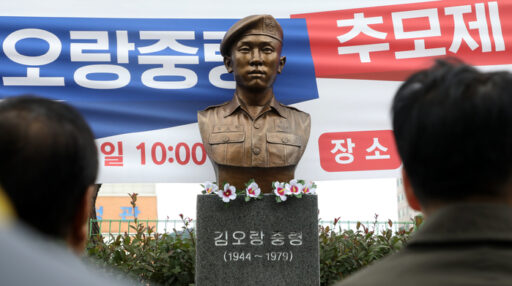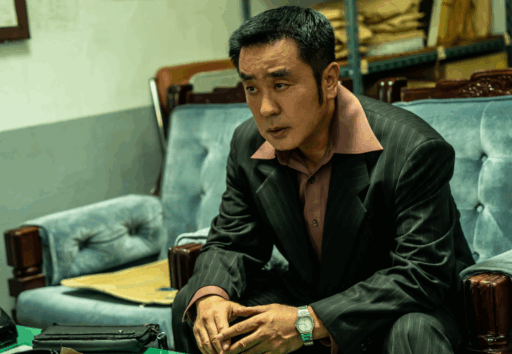State Compensation Ruling for the Family of Colonel Kim Orang, Victim of the 12·12 Military Coup
On the 12th, the Seoul Central District Court's civil division, presided over by Judge Yoo Chang-hoon, acknowledged the state's responsibility in a damages lawsuit filed by the family of the late Colonel Kim Orang, who was killed by gunfire from the new military regime during the 12·12 military coup.
The court ordered the state to pay approximately 300 million won in damages to ten family members, including Kim's sister, Kim Kwae-pyeong.

This ruling is significant as it clarifies historical truths and affirms state responsibility. The family had sought 500 million won in damages from the state, and the court recognized 300 million won of that claim. The compensation amounts were determined differently for each family member.
Historical Truth Verification and the Real Figure Behind 'The Spring of Seoul'
Colonel Kim Orang served as the secretary to the commander of the Army Special Warfare Command during the 12·12 coup in 1979, where he lost his life while engaging in a firefight with the coup forces to protect Commander Jeong Byeong-joo.
At the time of his death, it was recorded as 'death in the line of duty,' but following an investigation by the Military Accident Investigation Commission in 2022, it was reclassified as 'killed in action.'
According to military personnel law, death in the line of duty simply means dying while performing one's duties, whereas killed in action refers to death during combat with the enemy, due to enemy action, or while trying to prevent armed insurrection or unrest. This reclassification officially acknowledges that Colonel Kim's sacrifice occurred during combat for the defense of the nation, rather than during routine duties.

To many citizens, Colonel Kim Orang is also known as the real-life model for Major Oh Jin-ho, portrayed by actor Jung Hae-in in the film 'The Spring of Seoul,' which was released in November 2023.
Through this film, the historical facts of the 12·12 military coup and Colonel Kim's sacrifice became widely recognized by the public.
This ruling is highly significant for correcting historical truths and acknowledging state responsibility, and it is expected to serve as an important case for the resolution of past issues and the restoration of victims' honor.
Image source: Bust of Colonel Kim Orang, who died protecting his superior against the new military regime under former President Chun Doo-hwan during the 12·12 military coup / News1, film 'The Spring of Seoul'


